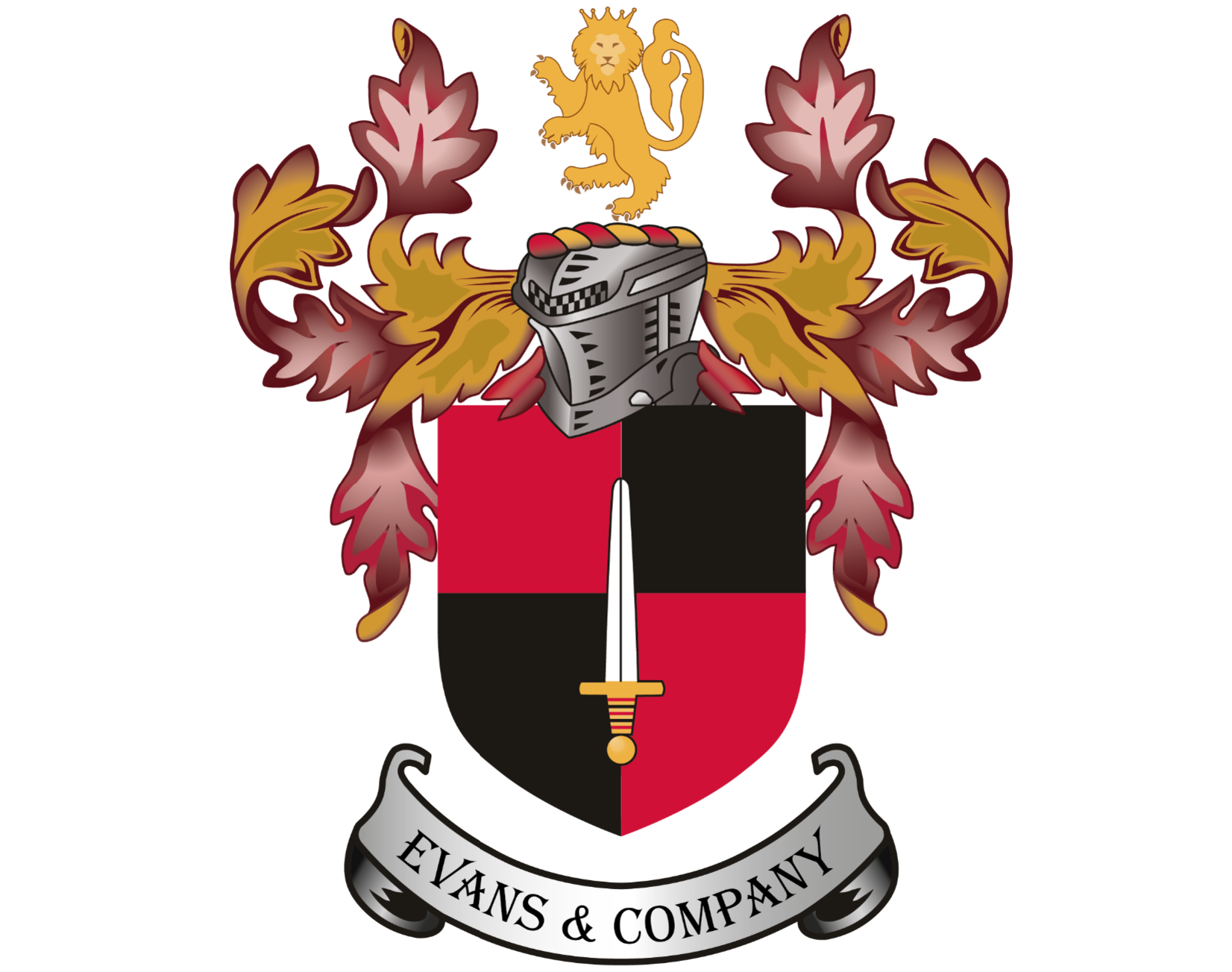Capital Gains Tax
Capital Gains Tax is a tax on the gain or profit you make when you sell, give away or otherwise dispose of something that you own, such as shares or property. Your Capital Gains Tax bill can be reduced by a tax-free allowance and some additional reliefs. Sometimes you may not have any tax to pay.
It is the gain or profit you make that is taxed - not the amount of money you have received.
Evans & Co Accountants can help you keep all the required records and calculate all Capital Gains Tax you may need to pay.
Gifts
For Capital Gains Tax purposes, if you make a gift to a child, to other people, or companies; this is considered a ‘disposal’ and you may owe some Capital Gains Tax. If you make a gift to a spouse, civil partner, or charity; then you normally won't have to pay any Capital Gains Tax.
Inheriting assets
When you inherit an asset you do not have to pay any Capital Gains Tax until you sell or dispose of it. Usually you will need to get a valuation of the asset at the date of death.
Divorce, separation, or dissolving a civil partnership
If you get divorced, separated, or dissolve a civil partnership, you may transfer assets between you. For Capital Gains Tax purposes these are considered 'disposal'. Whether you are liable depends on the date of transfer and whether you are living together at the time.

Records you need to keep
You must keep records associated with buying, selling, acquiring, or disposing of assets. You should also keep any records that show your expenses in relation to the asset. These will help you work out the gain or loss and support your tax return or claim.
Calculating gains or losses
Whenever you sell or dispose of an asset, you need to work out the gain or loss on each individual asset. You should include any costs associated with acquiring or disposing of the asset, and apply any tax reliefs.
Then, by bringing all of the individual gains and losses together you can work out the overall gain or loss for the tax year and the amount of tax due.
You only have to pay Capital Gains Tax if you have overall gains above the annual tax-free allowance.
Deadlines for reporting a disposal and paying what you owe
You must report and pay any Capital Gains Tax due on UK residential property within:
60 days of selling the property if the completion date was on or after 27 October 2021
30 days of selling the property if the completion date was between 6 April 2020 and 26 October 2021
You may have to pay interest and a penalty if you do not report and pay on time.


